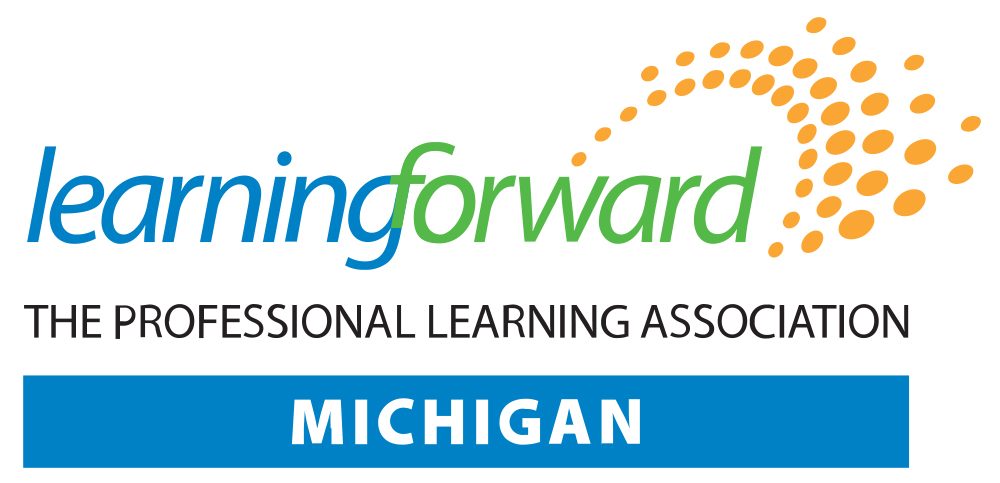Learning, Collaboration, and Results: Are We Ready for 2015-16?
by Tesha J. Thomas, Ed.S.
Yes, it’s that time of year. Classrooms are warm and sticky, kids are too antsy to stay in their seats, and teachers are furiously working to finish up those last instructional units before the year comes to an end. But as the school year draws to a close, many of us have been planning for 2015-16 throughout the past several months. We’ve been working on student schedules, planning professional development, and revising lesson plans – just to name a few. But how much time have we spent reflecting on our school’s capacity to function as a professional learning community? Have we made plans to help us increase our effectiveness as a PLC?
In his book, Professional Learning Communities at Work, Rick DuFour discusses the three big ideas of a PLC:
- A focus on learning
- Collaborative culture, and
- A focus on results.
As we think about the 2015-16 school year, we should be asking ourselves how dedicated we are to these three big ideas.
For example, we could ask ourselves the question: Are we truly focused on learning in our school?
We have a mission statement that says we are here to help all students learn. Do we live that mission statement every single day? Do the decisions we make encourage student learning, or are there some decisions that actually impede student learning, e.g., interrupting class periods with continuous PA announcements, pulling students out of class for various activities, spending 3 class periods watching a movie after we’ve just read the same book. These questions require serious soul searching but if we are going to increase student achievement, we must have a laser-like focus on learning.
Then we have the concept of creating a collaborative culture within our schools. We know we are better when we work together, so what are we doing as a school to build collaborative teams? And once we have built those collaborative teams, what are we doing to ensure that those conversations are focused on learning? We can get together and talk all day, but that doesn’t mean it is going to improve student achievement. What protocols and procedures guide our collaborative team time? What are the expected outcomes and how do they impact student learning? The answers to these questions can help us strengthen the effectiveness of our collaborative teams.
Finally, we know that successful professional learning communities measure their effectiveness using data as opposed to intentions. For years teachers have made instructional decisions using phrases like, “the kids liked it” and “I think it went really well.” But if we appropriately focus on student results, our teachers become clearer on what they are teaching, they come to agreement on what constitutes proficiency, and they monitor student learning to make sure students are reaching those proficiency levels. We need to ask ourselves, do we have an answer to the question, “What do we want our students to know and be able to do?” Do we have common summative and formative assessments to help us determine whether students have learned it? Do we use that data to make instructional decisions? Do we have a plan in place for those students who haven’t learned the material? Following through on the answers to the questions can completely change the way we do business in our schools, for the better.
So, as we wade through those sticky classrooms trying to keep antsy students in their seats while we rush to fit in that last bit of curriculum, make sure to set aside some time to reflect on those three big ideas. If we work as a team to keep the focus on learning, collaborate to improve achievement, and focus on results, 2015-16 will be a great year.

Our Vision
Equity and excellence in teaching and learning.
Our Mission
Learning Forward Michigan builds the capacity of leaders to establish and sustain highly effective professional learning.
Standards and Impact
Supports the implementation of standards and examines evidence to strengthen and document the impact of professional learning.
Leadership and Practice
Builds the capacity of its members, clients, partners, and staff to establish and sustain effective professional learning.
Advocacy and Policy
Advocates for policies and practices that strengthen the field of professional learning.

